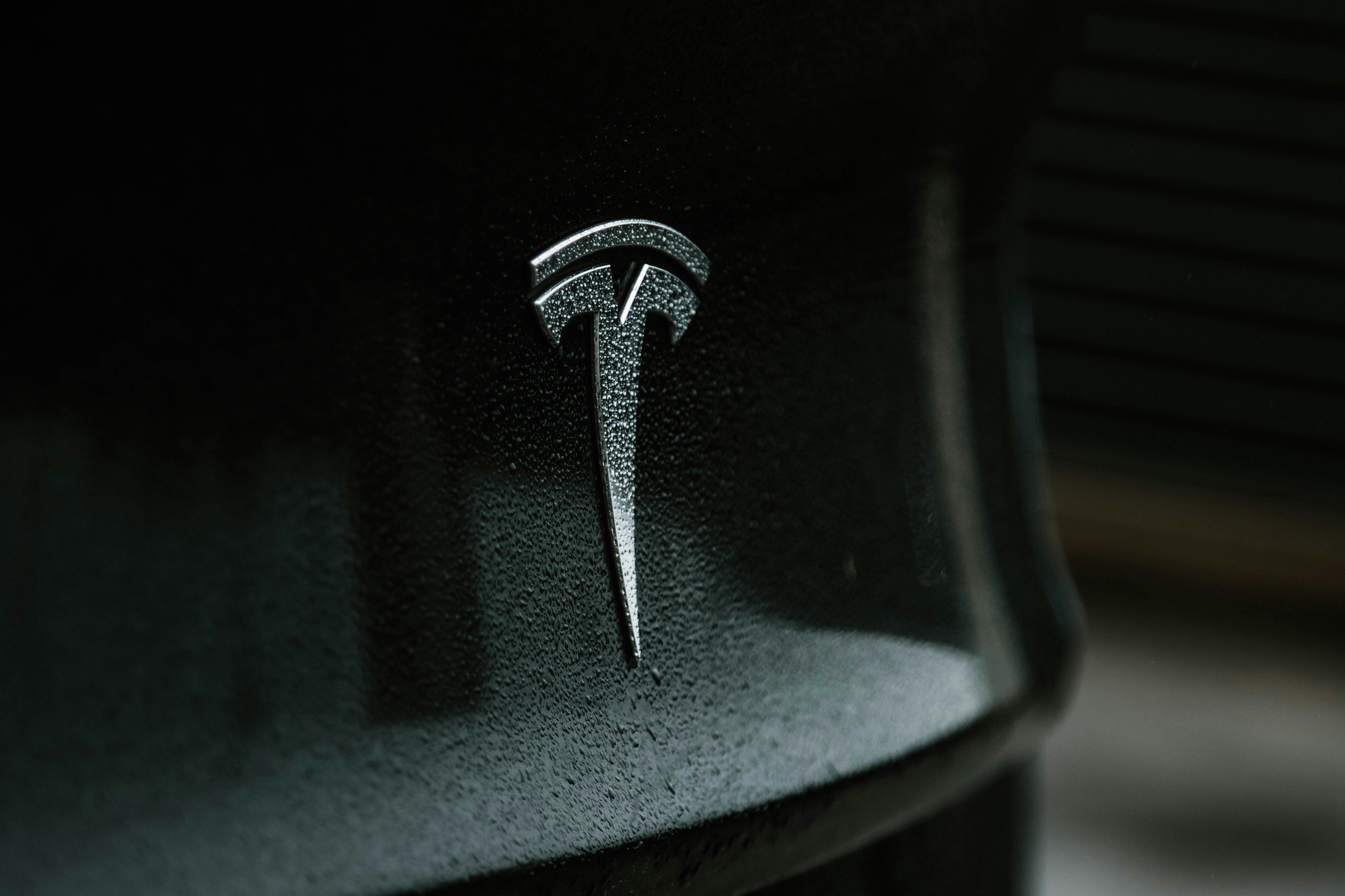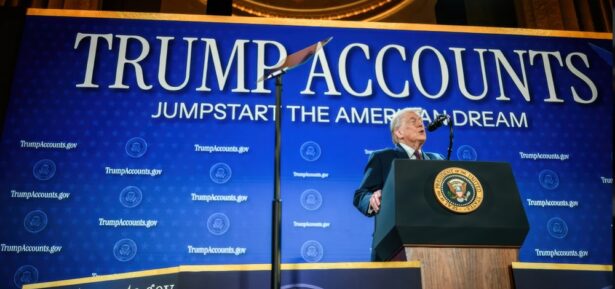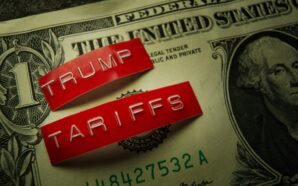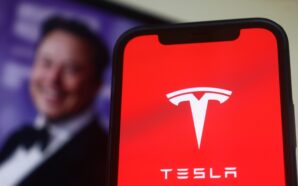
Credit: Unsplash
Tesla’s stock is buzzing, having jumped over 45% since November 5th, and its market cap now exceeds $1.1 trillion. But this rally isn’t just about electric vehicles—it’s also about politics. The growing partnership between Tesla’s Elon Musk and former President Donald Trump has created a stir, raising questions about what this means for the company’s future.
Why Investors Are Excited?
Musk played a key role in Trump’s 2024 campaign, from financial backing to leveraging his social media platform, X, for support. Trump has since appointed Musk to head an advisory commission dubbed “DOGE,” aimed at reforming government operations. Many see this as an opening for regulatory changes that could benefit Musk’s businesses, especially Tesla.
The prospect of Trump shaping EV policies is enticing to some investors. Tesla, already one of the most efficient and profitable EV manufacturers, could gain an even bigger edge in a more competitive, subsidy-free market. With its ability to lower costs while competitors struggle, Tesla is well-positioned to grab more market share.
But There’s a Catch
At $352 per share and trading at 108 times its projected 2025 earnings, Tesla’s stock is undeniably pricey. Even if Tesla were to dominate the EV market, skeptics argue the valuation might not hold. For context, Tesla delivered fewer than 2 million cars last year in a global market of 90 million vehicles.
Tesla’s fundamentals are showing some cracks too. Its revenue is expected to grow by just 3% in 2024, and automotive profit margins have shrunk significantly from 29% in 2021 to around 16%.
Is Tesla Facing Bigger Competition?
Tesla isn’t just fighting legacy automakers anymore. Chinese EV makers like BYD and NIO are creating cutting-edge vehicles with innovative batteries and self-driving technology—at highly competitive prices. While steep import duties keep them out of the U.S., they pose a significant challenge internationally.
Additionally, hybrids are making a comeback in the U.S., with many buyers favoring their balance of efficiency and convenience. This trend could further squeeze Tesla’s share of the EV market.
A Boost for Self-Driving Tech?
Musk’s alignment with Trump could accelerate Tesla’s self-driving ambitions. Trump is likely to centralize and streamline federal regulations for autonomous vehicles, potentially giving Tesla a leg up. However, competitors like Waymo and Baidu are developing equally impressive technologies that could challenge Tesla’s dominance.
Tesla’s political partnership with Trump adds an intriguing dimension to its growth story. While the potential for favorable policies and market share gains excites some, Tesla’s sky-high valuation and increasing competition raise red flags. Investors would do well to weigh these risks before diving in.
In this high-stakes game of politics and innovation, Tesla’s future is as electrifying—and unpredictable—as ever.
-
Credit: Shutterstock Bitcoin, the world’s largest cryptocurrency, has stumbled below the closely watched $89,000 level, reminding investors just how...
-
Credit: Shutterstock Bitcoin is back in the spotlight — and it’s making waves. The world’s largest cryptocurrency surged past...
-
Credit: Shutterstock Gold is having a moment — and it’s a big one. As global uncertainty rattles markets, gold...
-
Credit: Shutterstock Bitcoin gave the crypto community plenty to talk about this Christmas Eve, as prices dipped toward the...
-
Credit: Shutterstock For many Americans, opening a first savings or checking account is a milestone—maybe it’s where birthday money...
-
Credit: Shutterstock For many consumers, fully embracing digital banking remains a significant hurdle. Even as the digital landscape matures,...
-
Credit: Shutterstock A surprise economic plot twist may be brewing as America heads into the new year: millions of...
-
Credit: Shutterstock In a year when many Americans are clipping coupons, stretching paychecks, and comparison-shopping more than ever, one...
-
Credit: Shutterstock The conversation around potential $2,000 “tariff dividend” checks reached a new peak this week after President Donald...
-
Credit: Shutterstock When President Donald Trump unexpectedly announced plans for what he called a “$2,000 dividend” for the majority...
-
Credit: Shutterstock The countdown is on for one of the most closely watched shareholder votes in corporate history. As...
-
Credit: Shutterstock Imagine not having to hunt for groceries after a long day or remember when your phone bill...




















